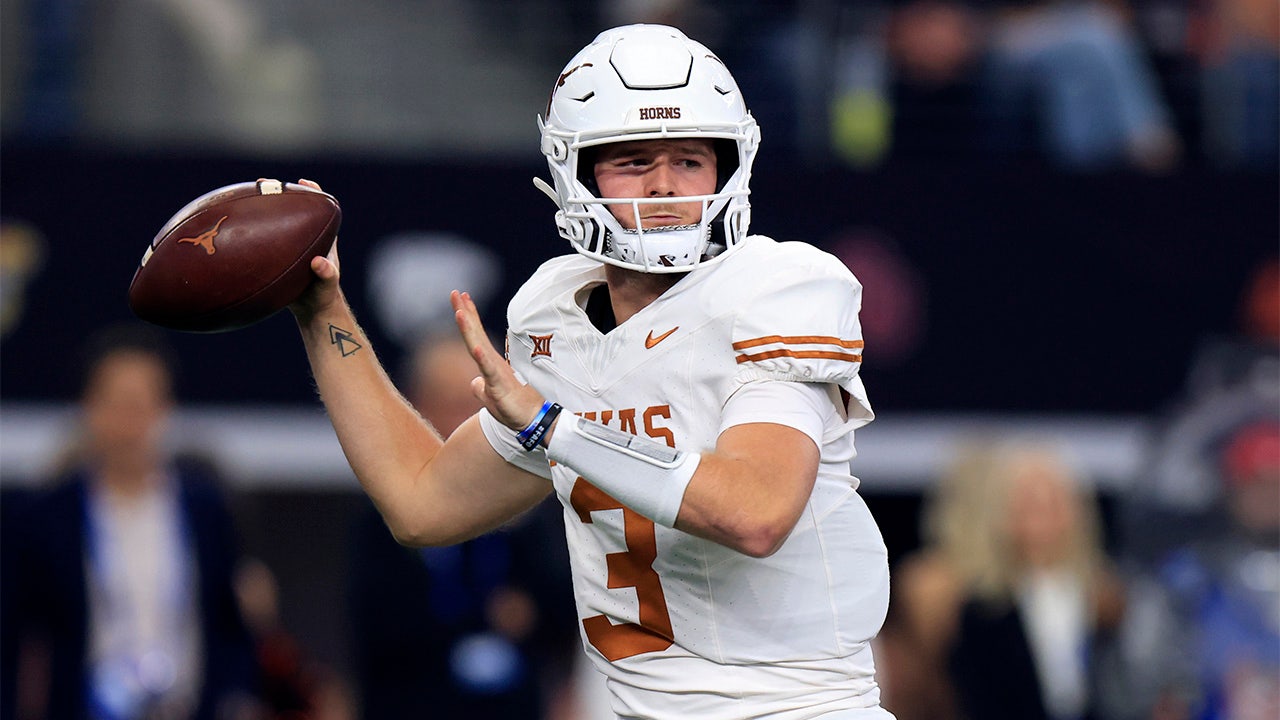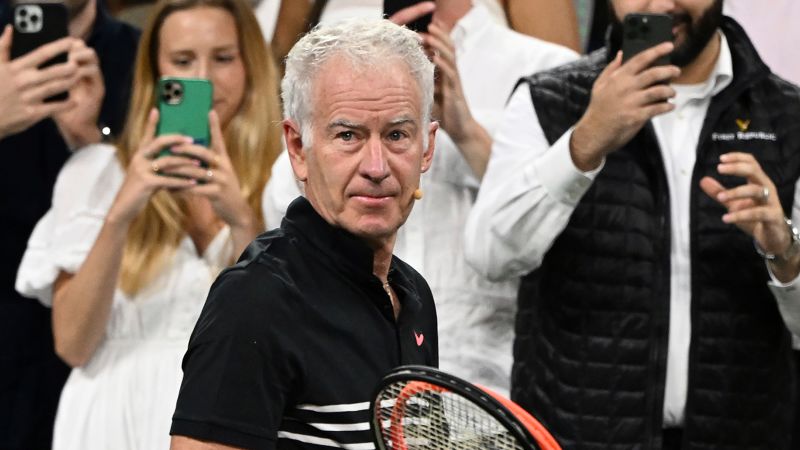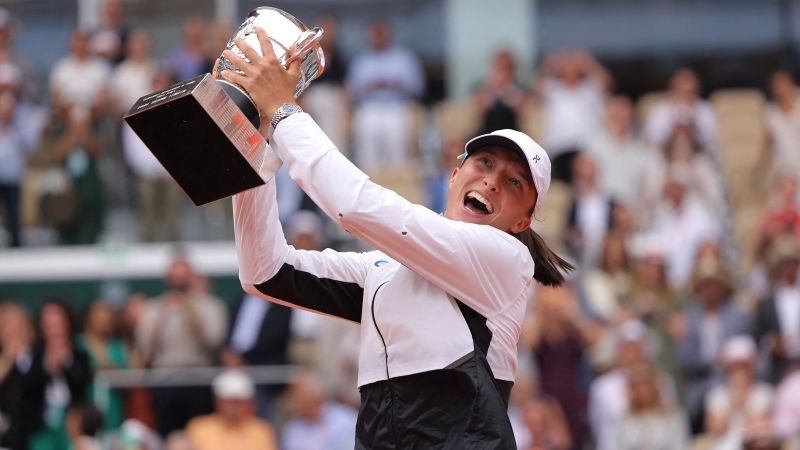Analysis | The eye-popping price of MLB starting pitching keeps going up
Former Washington National Erick Fedde, who never quite figured things out in the majors and then left to play in South Korea for his age-30 season, returned from a strong year there to find multiple teams — some of them postseason contenders — pursuing him. Ultimately, the Chicago White Sox gave him $15 million over two years, hoping he can emerge as a reliable back-of-the-rotation starter at what is, in this free agent market, a relatively low price.
The trade market, while largely still evolving, has not yielded many steals, either. Friday afternoon, for example, the San Francisco Giants gave up middle-of-the-order bat Mitch Haniger and an established swingman in Anthony DeSclafani for 2021 American League Cy Young Award winner Robbie Ray. The thing about Ray, however, is that he is not able to pitch until August because of an injury, and his contract includes an opt-out after next season.
While stunning in some ways, the competitive market did not exactly surprise those looking for upgrades. From the moment general managers convened in Scottsdale, Ariz., for their annual meetings a few days after the World Series, they were clear-eyed about the market and the forces pushing prices higher.
An expanded postseason means more teams are “going for it” than ever, as Baltimore Orioles General Manager Mike Elias put it then. Plus, the increased emphasis on high velocity and the need to hurry for the pitch clock combined to send a staggering number of starters to the injured list last year; having five good starters is no longer enough. Betting on an entire rotation to stay healthy these days amounts to negligence, particularly for teams that regularly appear in the postseason and therefore add a month’s worth of high-stress innings to their starters’ arms.
The team that stockpiled starting pitching like no other last year, the Texas Rangers, ended up winning the World Series with two of the best starting pitchers of their generation unavailable because of injury. Had the Rangers signed even one fewer starter or traded for one fewer at the deadline, they might have fallen off, too.
Now, with just over a month until pitchers and catchers report to spring training, the market could escalate even further. Blake Snell, the 2023 National League Cy Young winner, could command more than $200 million. Japanese lefty Shota Imanaga, who showed well against MLB stars in the World Baseball Classic last year but was not nearly as decorated in the Japanese major leagues as Yamamoto, could reasonably secure nine figures. Lefty Jordan Montgomery, who emerged as a playoff hero for the Rangers but had never before resembled an ace, could expect the same. Massive pitching contracts have always been huge gambles, rarely yielding full value for their entire extents. But in this year’s market, they are necessities.
Given that, the trade market probably will become an increasingly appealing option to teams hunting starting pitching without the financial wherewithal — perceived or real — to take on such risk. Elias’s Orioles, for example, have yet to address their obvious need for established starting pitching. The Miami Marlins might have young pitchers to spare. The White Sox continue to listen on lefty Dylan Cease, who will be a free agent after the 2025 season, and the Milwaukee Brewers could decide to offload ace Corbin Burnes, who is a free agent after this season.
But with so many teams still needing starters, affordable ones who have yet to hit free agency will command massive prospect costs, if not the surrender of legitimate big league talent. The Atlanta Braves surrendered a major league-ready top prospect in Vaughn Grissom for the oft-injured Chris Sale last week, hoping he will return to form. Getting a younger, healthier, cheaper pitcher such as Cease or anyone on the Marlins’ staff almost certainly will cost as much, if not more.
Plus, almost everyone who needed starting pitching when the offseason began — except, perhaps, the Los Angeles Dodgers — still needs it. The Yankees, Red Sox, Mets, Orioles, Padres, Cubs, Angels, Giants and others could use more help.
The Seattle Mariners, who have a cache of young starters, seem unlikely to trade them now after their head of baseball operations, Jerry Dipoto, indicated Friday that the reason the Mariners traded Ray was that they didn’t think pulling from those young arms was worth it. The Brewers, who do not seem determined to deal Burnes, can hold out for whatever price they want before making that decision. The options are dwindling, but the number of suitors is not, meaning the most competitive starting pitching market in recent years is not likely to become much friendlier.







